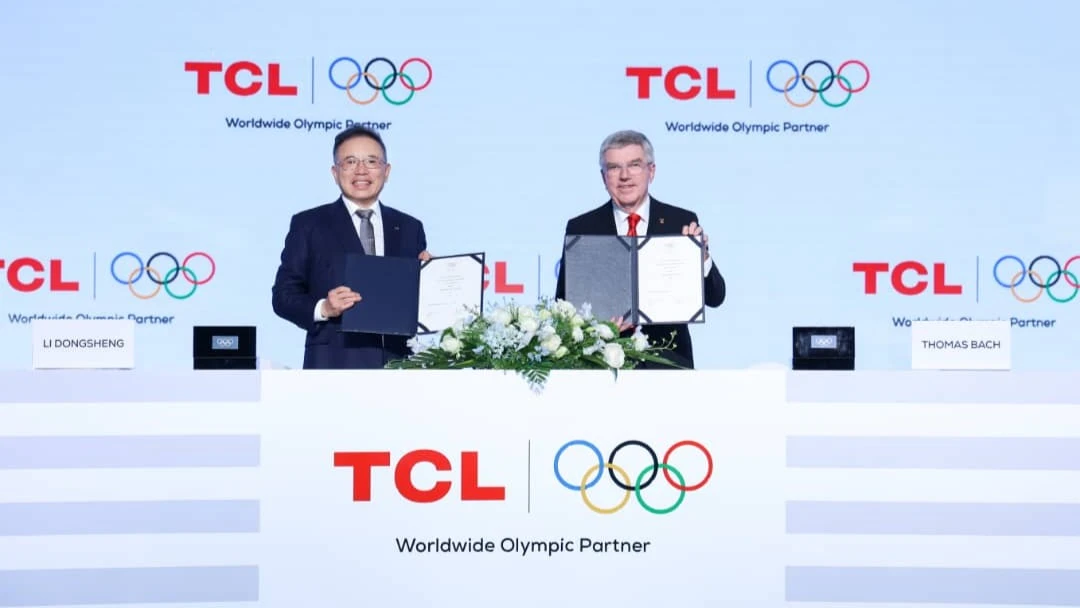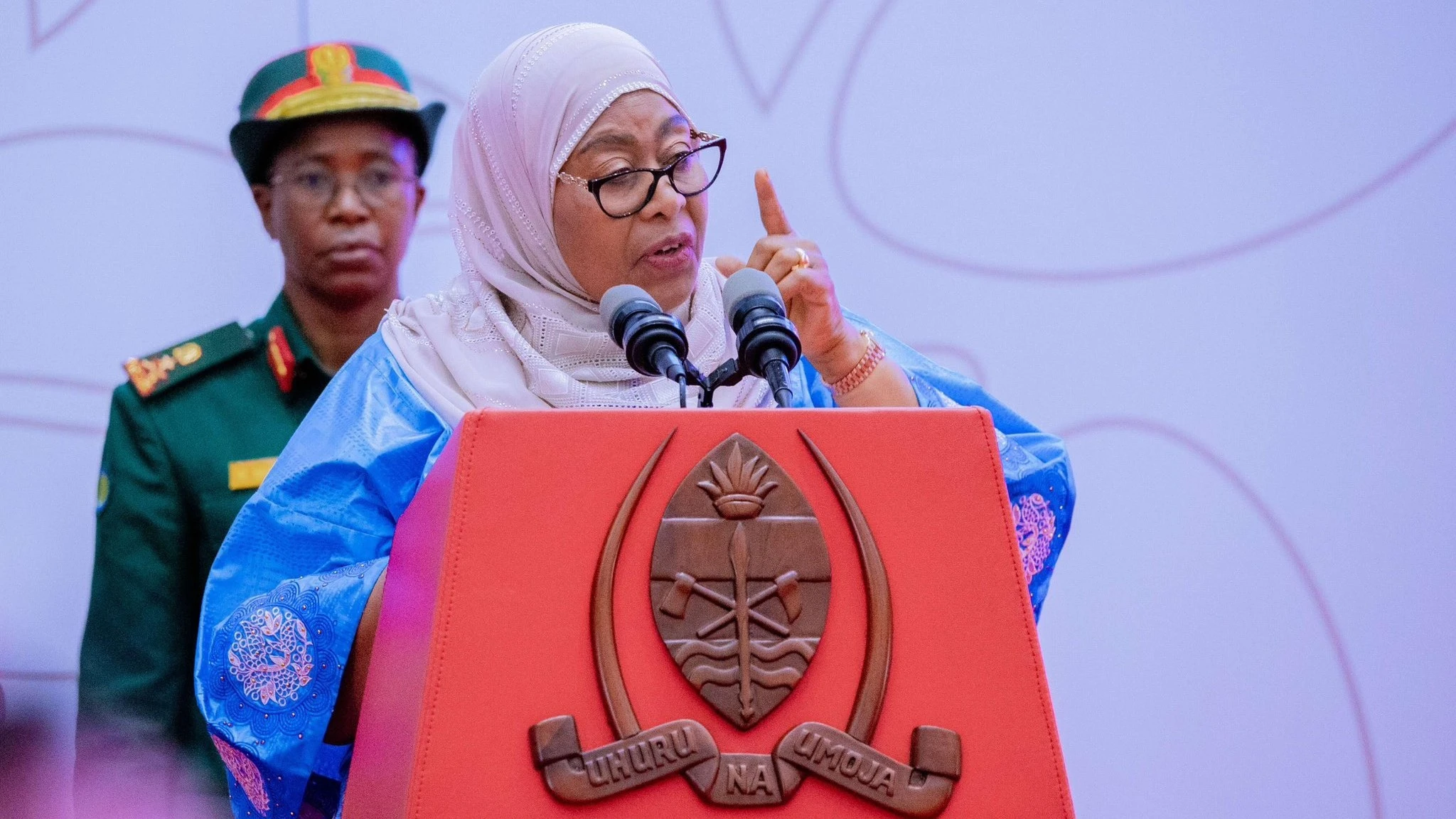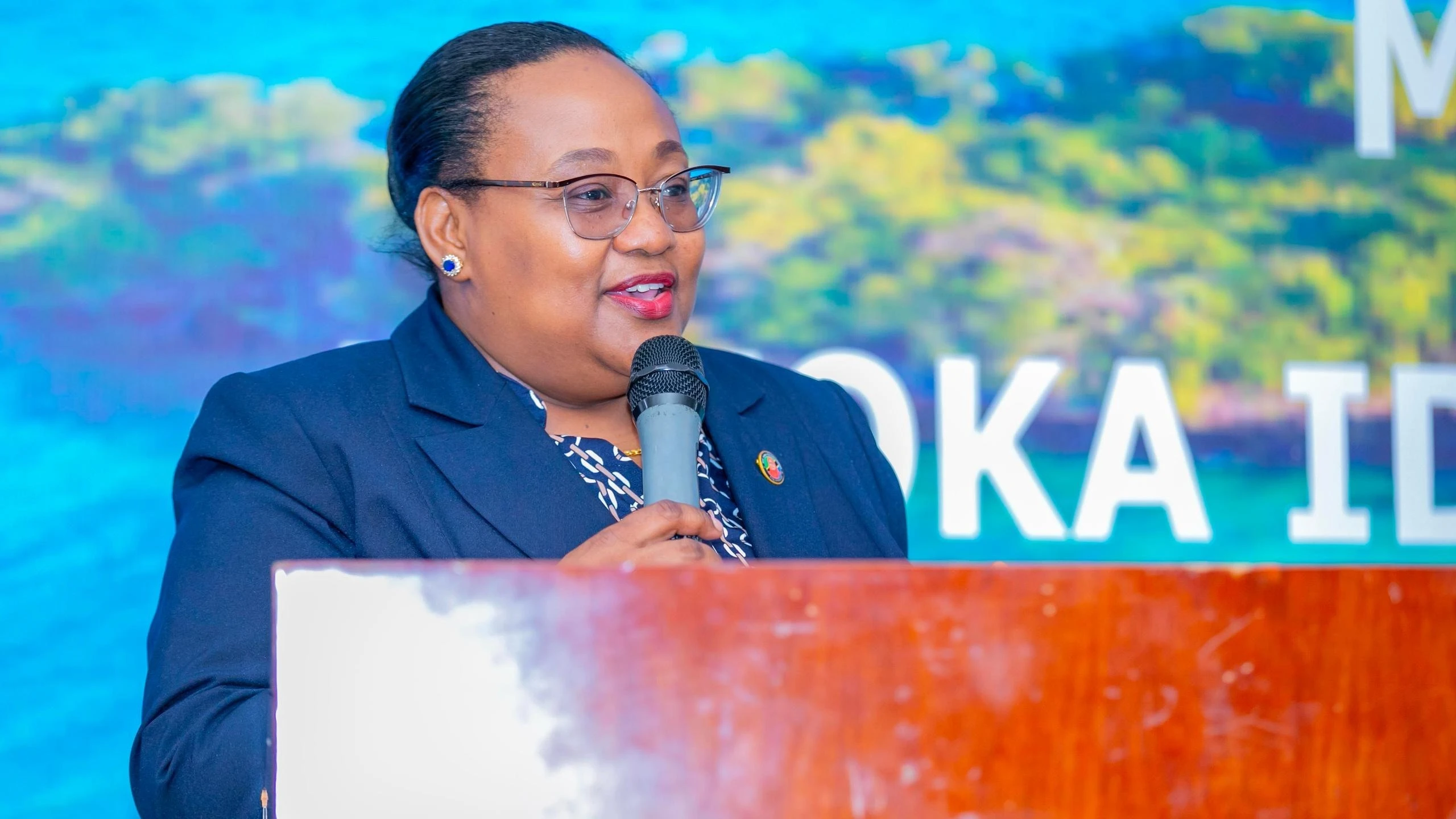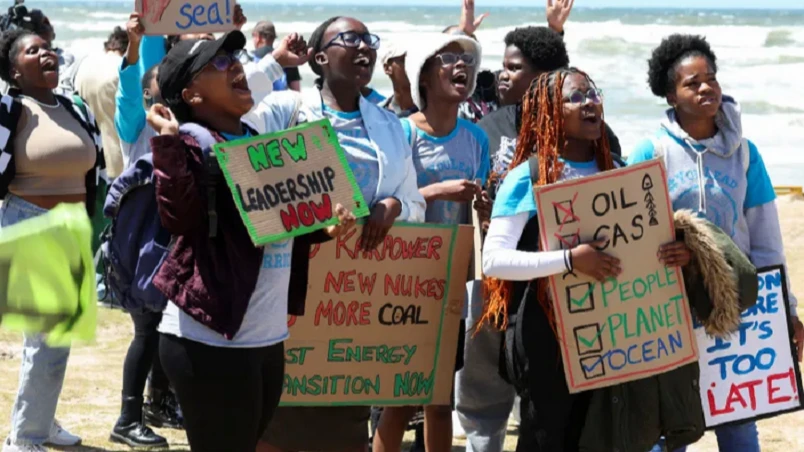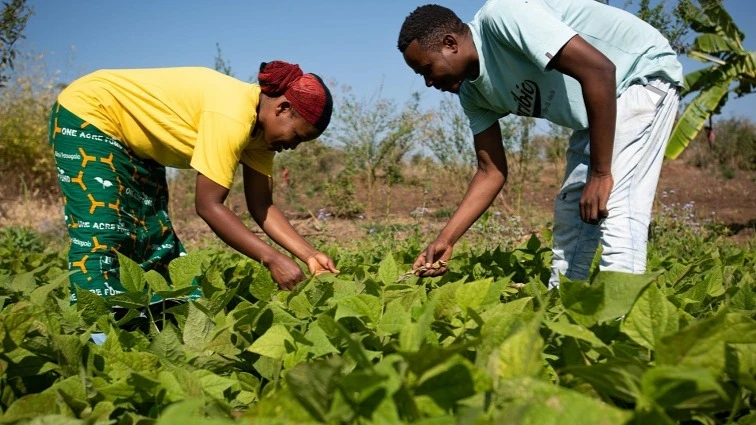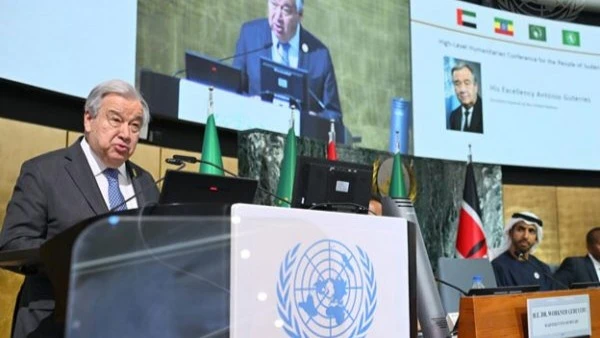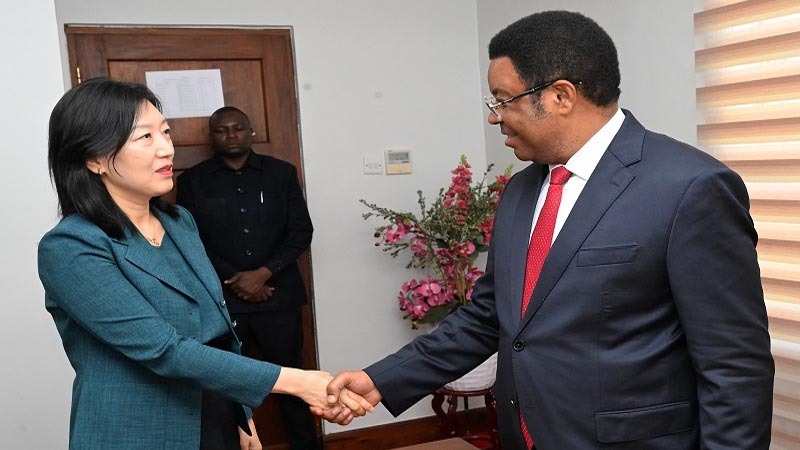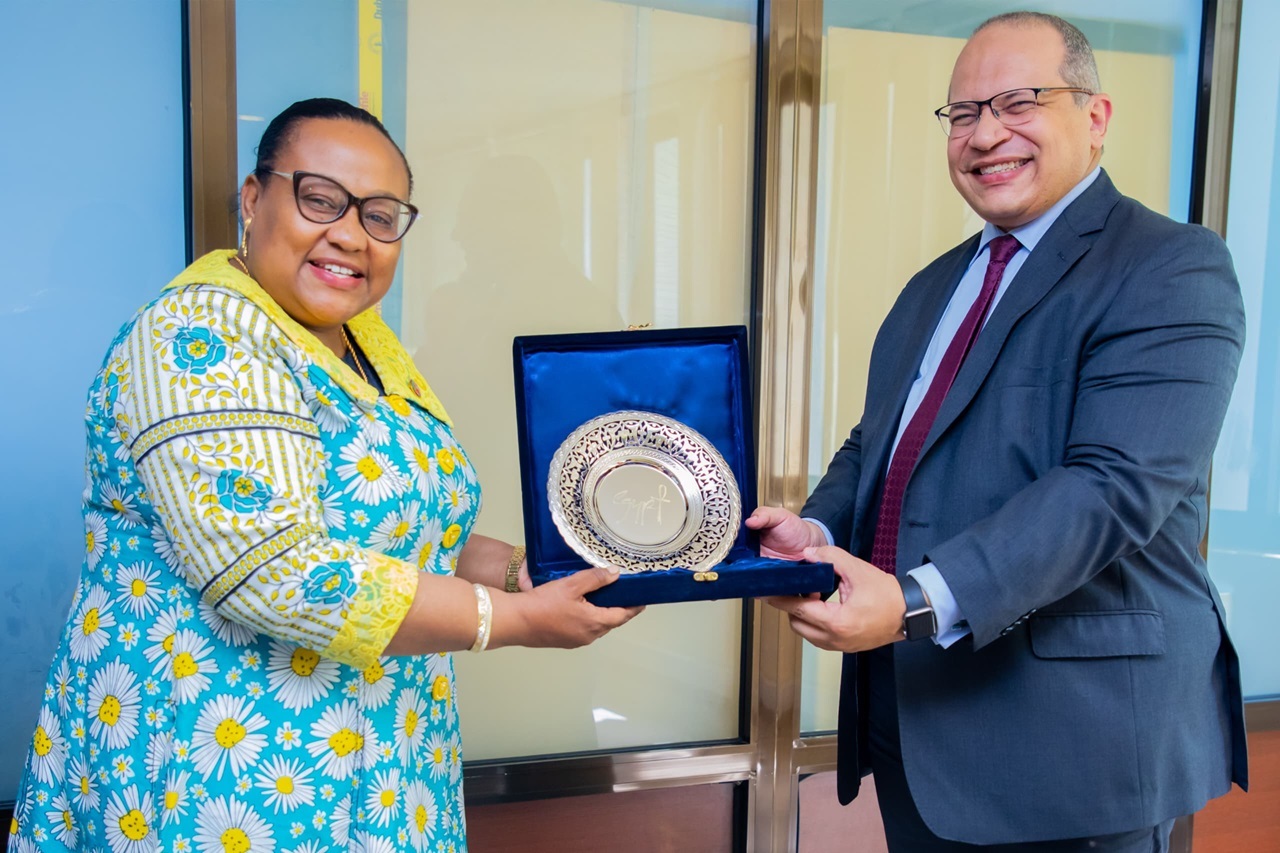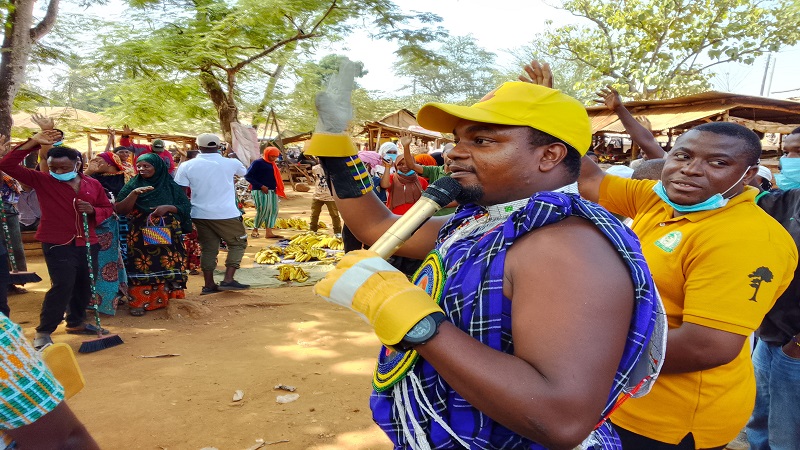FAO wants strong investments to combat growing nutrition security crisis in Africa
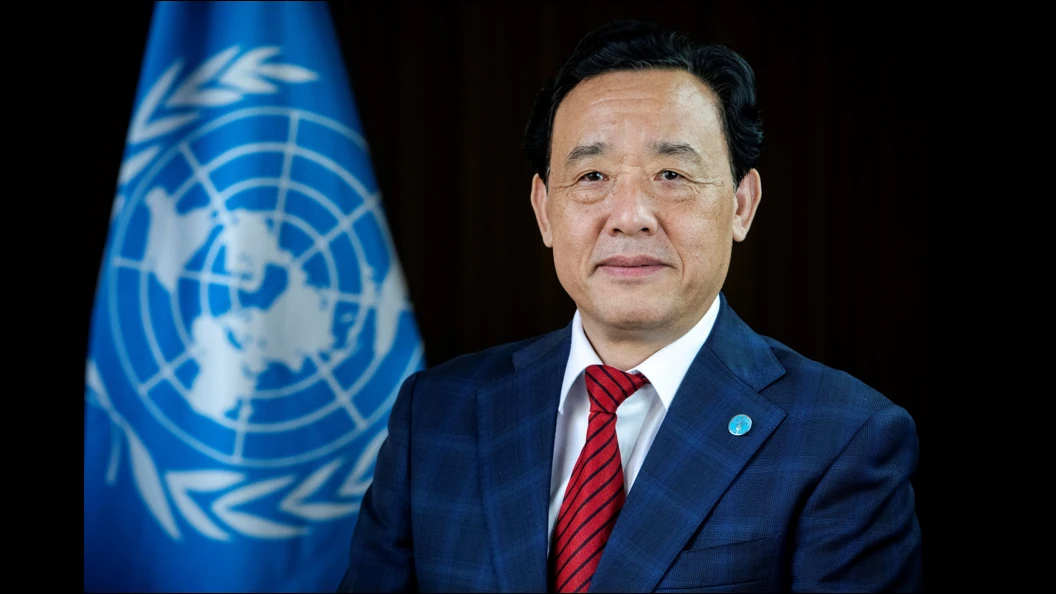
THE United Nations Food and Agriculture Organisation (FAO) has called on African leaders to make bold investments to address the mounting hunger and malnutrition challenges on the continent.
Speaking at the African Union (AU) Summit recently, FAO Director-General Qu Dongyu stressed the urgency of tackling food insecurity, especially as Africa faces mixed trends in food prices and trade despite good harvests.
Food security remains a significant concern across the continent, with several countries grappling with rising food prices and varying levels of food availability. The FAO highlighted the importance of investments in both food and nutrition sectors to meet the targets of Sustainable Development Goal 2 (Zero Hunger) and other global nutrition goals.
Qu praised the African Development Bank's support for "nutrition-smart" investments in agriculture and health, underscoring the recent adoption of the Comprehensive Africa Agriculture Development Program Strategy and its 10-Year Action Plan.
In addition, Qu expressed hope that next month's Nutrition for Growth Summit will galvanise both financial and political commitments to strengthen nutrition efforts across Africa.
Food Security Update: Crisis for Millions in East and Southern Africa
Despite some positive developments, food security levels in East, Southern, and Western Africa remain concerning. Recent figures show that 9.5 million people in Kenya, South Sudan, Tanzania, and Uganda are facing "crisis" levels of food insecurity, with South Sudan alone accounting for 64% of this total.
Reliefweb also reports that food consumption has increased slightly compared to last year, yet the situation remains dire for many, particularly in regions suffering from conflict and economic instability.
In addition, maize prices across Eastern Africa are volatile, with Rwanda and South Sudan seeing notable price hikes, while other countries such as Ethiopia, Kenya, Tanzania, and Uganda are experiencing lower prices. Meanwhile, Southern Africa faces persistently high maize prices due to drought, fuel shortages, and limited foreign exchange availability. Rice, millet, and sorghum prices have also remained elevated but stable, with Nigeria experiencing rising costs.
In Kenya, the healthcare system is grappling with the impact of a funding freeze from the United States Agency for International Development (USAID), which has traditionally supported vital programmes in Sub-Saharan Africa. The Ministry of Health has urgently requested Ksh 426.8 billion (approximately US$3.3 billion) to fill the gap left by the withdrawal of US funding.
This funding shortage is compounded by broader geopolitical shifts, with China increasing its influence in regions affected by the US withdrawal. Despite these challenges, international support continues, with Korea’s Ministry of Foreign Affairs contributing US$5 million to the UN World Food Programme (WFP) to support Kenya’s food security efforts, particularly in arid and semi-arid regions. This contribution will benefit over 158,000 people, including smallholder farmers, pastoralists, women, and youth.
As food insecurity intensifies in several parts of Africa, global organisations such as the WFP are playing a critical role in mitigating the impacts.
Lauren Landis, WFP’s Country Director in Kenya, emphasised that this project would equip vulnerable communities with tools to build sustainable livelihoods, offering a lifeline during the challenging period of droughts and floods.
Top Headlines
© 2025 IPPMEDIA.COM. ALL RIGHTS RESERVED









